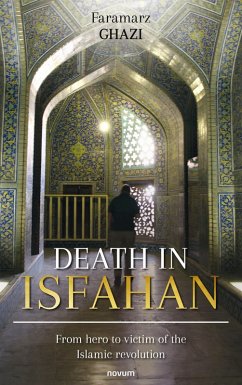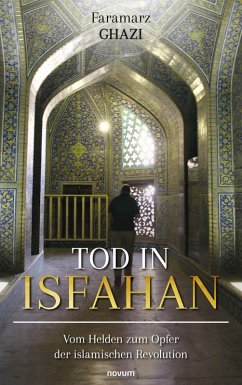At first, Shah Mohammad Reza Pahlawi had a grand vision: to catapult Iran from a deep sleep into modernity. But free modern people did not fit his vision. When his subjects sought protection from the Shah's vision and police violence, they found it in the past, in Islam. Omid was one of the revolutionaries who overthrew the Shah in February 1979 and seized power. Now they worked with great zeal to realise their vision: to establish a theocracy with believers. They also failed. Omid realises that the new rulers want to use the Shah's methods to make the people compliant. Violence is used to silence dissenters. Disappointed, he turns away. Omid's fate stands for all Iranians who now want to live in a free and modern Iran.
Dieser Download kann aus rechtlichen Gründen nur mit Rechnungsadresse in A, B, BG, CY, CZ, D, DK, EW, E, FIN, F, GR, H, IRL, I, LT, L, LR, M, NL, PL, P, R, S, SLO, SK ausgeliefert werden.









